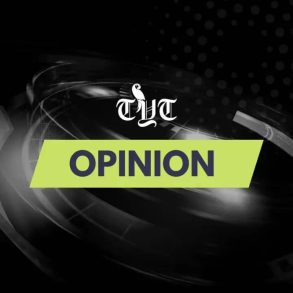By Ademola Adekusibe
Osogbo, Nigeria – September 23, 2025
The Osun State Government has come under criticism following the approval of ₦678 million for the renovation of the Sango-Timi shrine located within the Timi of Ede’s palace. While many residents and political observers have described the decision as a misplaced priority, the government has defended the project as part of a broader plan to preserve cultural heritage and boost tourism.
Criticism mounted over the weekend when details of the project surfaced, with some citizens accusing Governor Ademola Adeleke’s administration of nepotism and reckless spending amid economic hardship across the state. Social media users questioned the rationale of allocating such a huge sum to a shrine while the state continues to grapple with poor infrastructure, unpaid salaries in some sectors, and rising poverty.
“This government must explain how the Sango-Timi shrine is more important than fixing our roads, funding hospitals, or providing food relief. This is taxpayers’ money,” one Osogbo resident wrote online. Others described the decision as one-sided and unfair, arguing that state resources should be spent on projects that benefit all Osun people, not just a single community.
Defending the project, the government explained that the renovation of the Sango-Timi shrine is part of an ongoing cultural preservation initiative which began in 2023 with the Osun Osogbo shrine, including rehabilitation of the access roads and the Osun River.
According to the government, the Sango-Timi shrine is among UNESCO-recognized heritage sites that attract visitors from around the world, making it a strategic investment for cultural tourism. It further stated that all due processes were followed and the renovation had already been captured in the 2025 Osun State budget.
Officials noted that although the project has been approved, work has not yet commenced as the state is still awaiting funds for execution. They added that several projects in the 2025 budget are pending due to inadequate revenue from local governments.
The controversy has nonetheless added to a growing list of criticisms against the Adeleke administration, with many insisting that the government must prioritize pressing economic and social needs before embarking on cultural projects.






